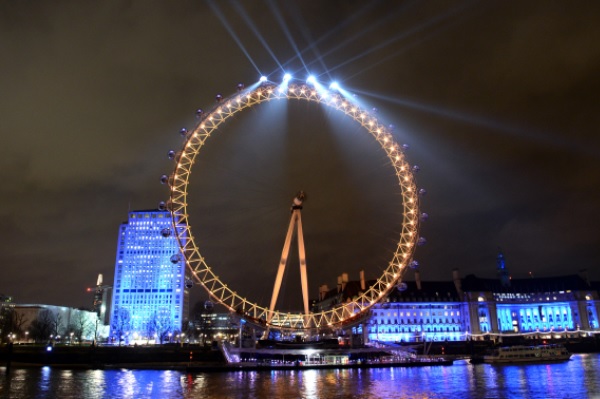We will site kit on the streets, on the traffic lights and on the pavement furniture – and you could win £4 million
The government has launched a £4m competition to find ways for mobile companies to use public buildings and street furniture to host 5G radio equipment.
The two-year project will ramp up the use of such as CCTV poles, traffic signals and other pavement fixtures to host 5G kit.
Street furniture and government buildings are obvious choices as they are well connected. Tagging some extra kit on them creates less of an eye sore than a traditional phone mast. However, network operators often find it difficult to acquire the information needed to verify that a structure is suitable, such as its location, physical dimensions, proximity to the street or access to a power source.
In response, the government is investing in pilot schemes for new digital asset management systems. Local councils could easily share data with mobile companies to speed up the roll out of 5G – in theory. Many local authorities are experiencing massive absenteeism however.
“The lamp posts lining our streets have huge potential to accelerate the roll out of 5G and reduce the need to build new masts, but right now getting access to this infrastructure can be tricky,” said Digital Infrastructure Minister Matt Warman. “That’s why we are investing millions to help local councils and mobile companies work together more effectively to bring people the incredible benefits of faster connectivity as we level up the UK.”
Hamish MacLeod, spokesman fothe UK’s mobile operator lobby group Mobile UK, welcomed the competition, as long as it can break down barriers and speed investment in 5G. Piloting new digital platforms to unite public bodies and mobile operators will make public-owned infrastructure more easily accessible, said MacLeod.
The Digital Connectivity Infrastructure Accelerator (DCIA) project is the latest in a number of measures announced by the government to level up the UK by busting the barriers holding back the roll out of lightning-fast digital connectivity. In another scheme, there are plans to try running fibre broadband cables through drinking water pipes announced last month, said the government’s Gov.uk web site.
The government is also considering giving broadband firms access to more than a million kilometres of underground utility ducts to boost the rollout of full fibre broadband – including electricity, gas and sewer networks – and will soon respond to a consultation on changing regulations to make infrastructure sharing easier.
The deadline for applications to the competition is 18 November.


